Fourth Amendment case raises larger questions
The sentiment on the streets on the need for police reforms appears to be seeping into the halls of justice. That includes questions about Fourth Amendment rights prohibiting illegal search and seizure.







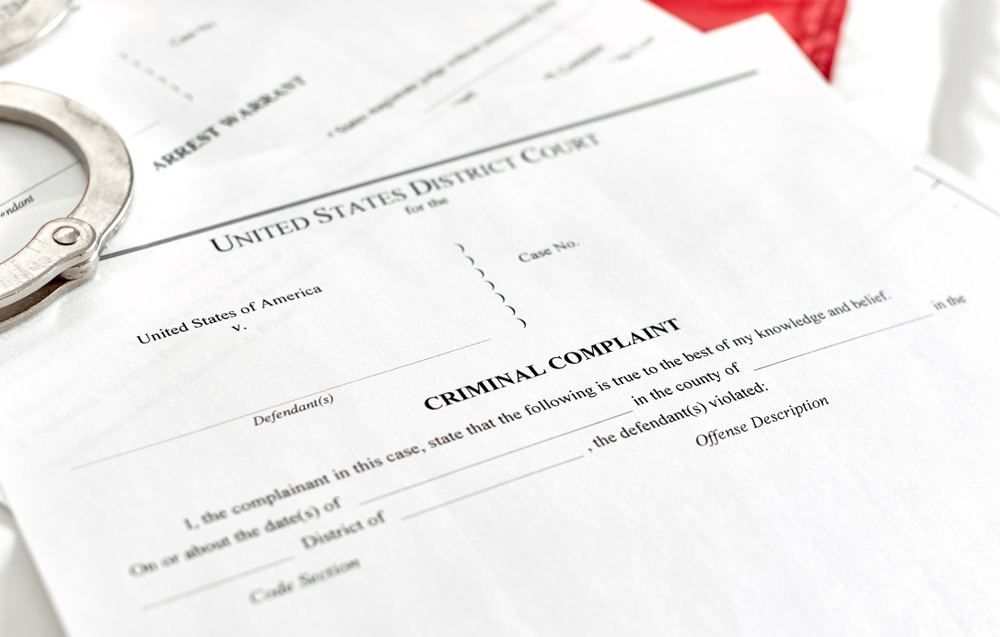
The sentiment on the streets on the need for police reforms appears to be seeping into the halls of justice. That includes questions about Fourth Amendment rights prohibiting illegal search and seizure.
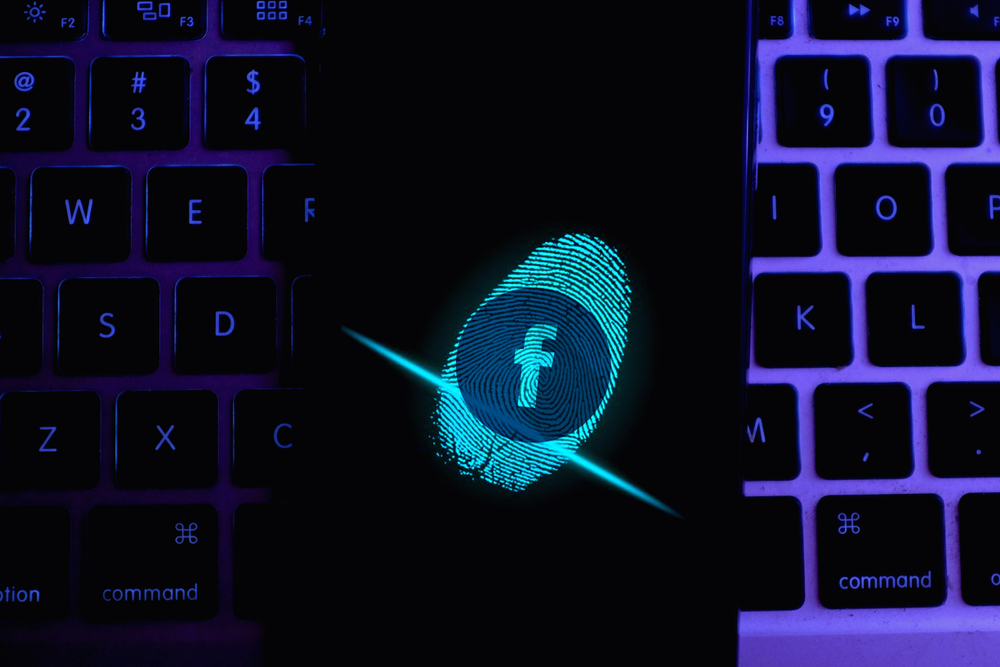
Law enforcement agencies use social media in various ways to monitor crime and communicate with the population. But there are few laws on what they can and cannot do with someone’s personal information.
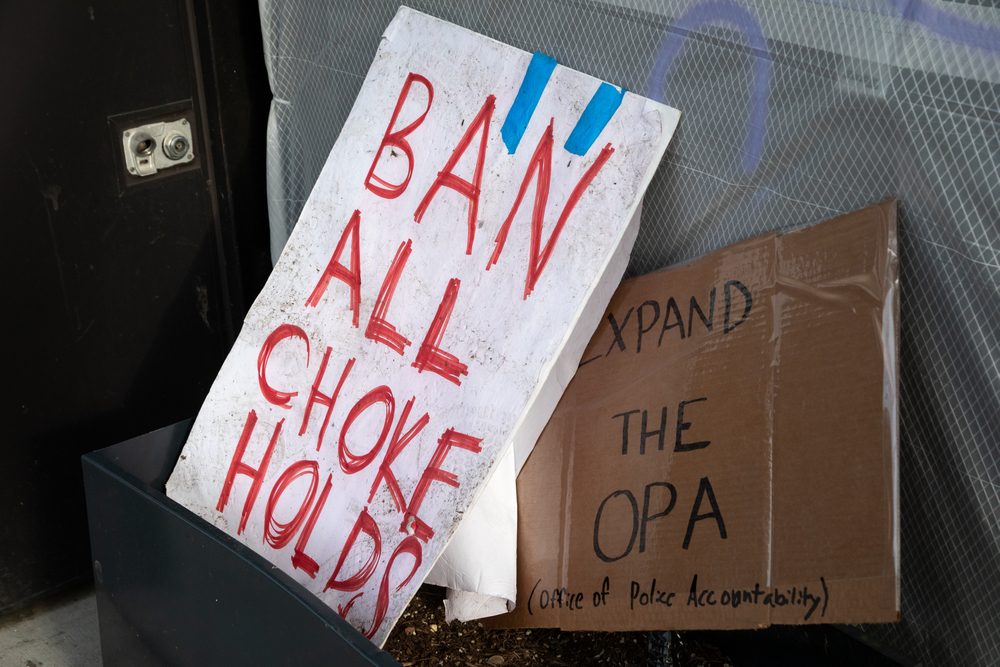
Fewer police departments are allowing the use of chokeholds since the death of George Floyd at the hands of a Minneapolis police officer in May. But the practice is continuing in numerous locations. Meanwhile, families affected by the use of this method of subduing suspects are still seeking justice in cases where it has led to the death of a loved one. And protesters are still on the streets calling for police reform that would reduce the use of deadly force.
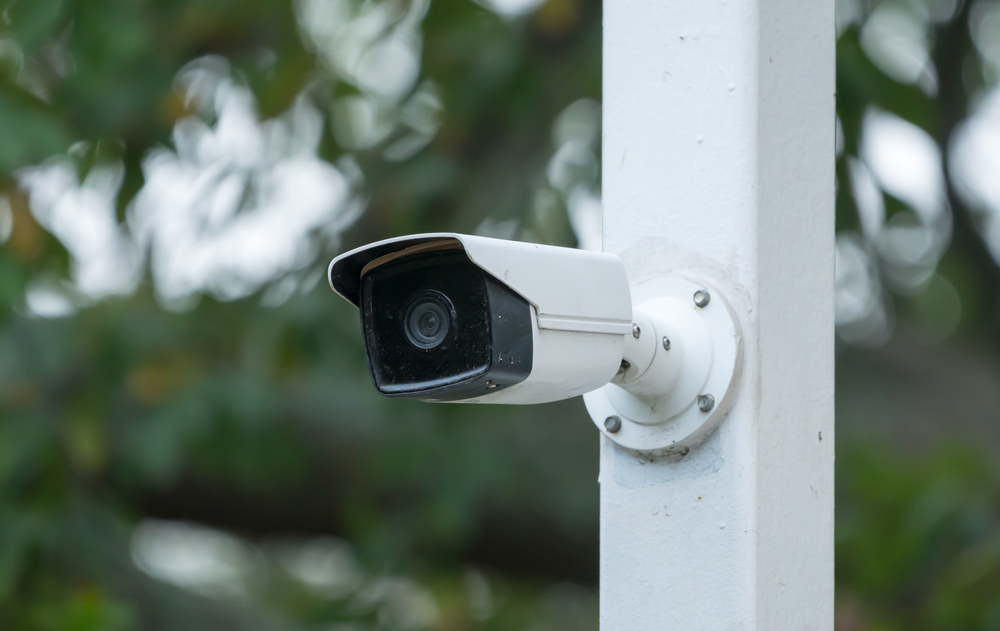
Cameras are everywhere, but a new tool, the Atlas of Surveillance, has information on more than 3,000 cities.
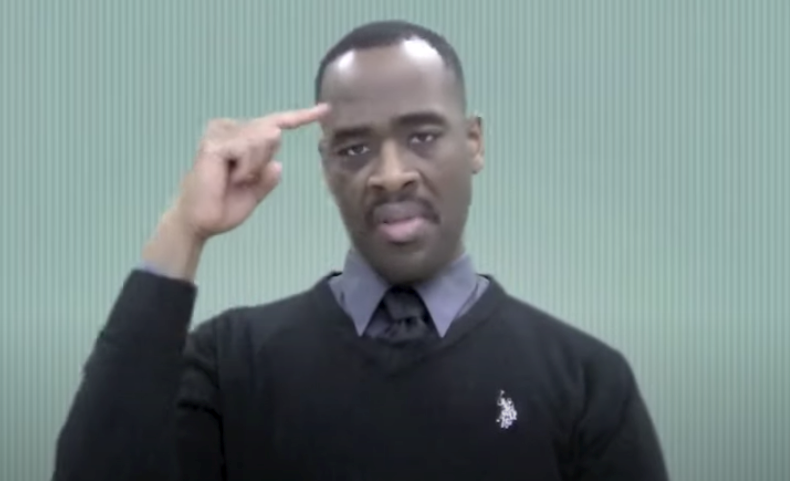
Black, deaf Americans face an extra layer of obstacles when interacting with police.

The right to privacy is disappearing in today’s electronic age, and most people are letting it happen.
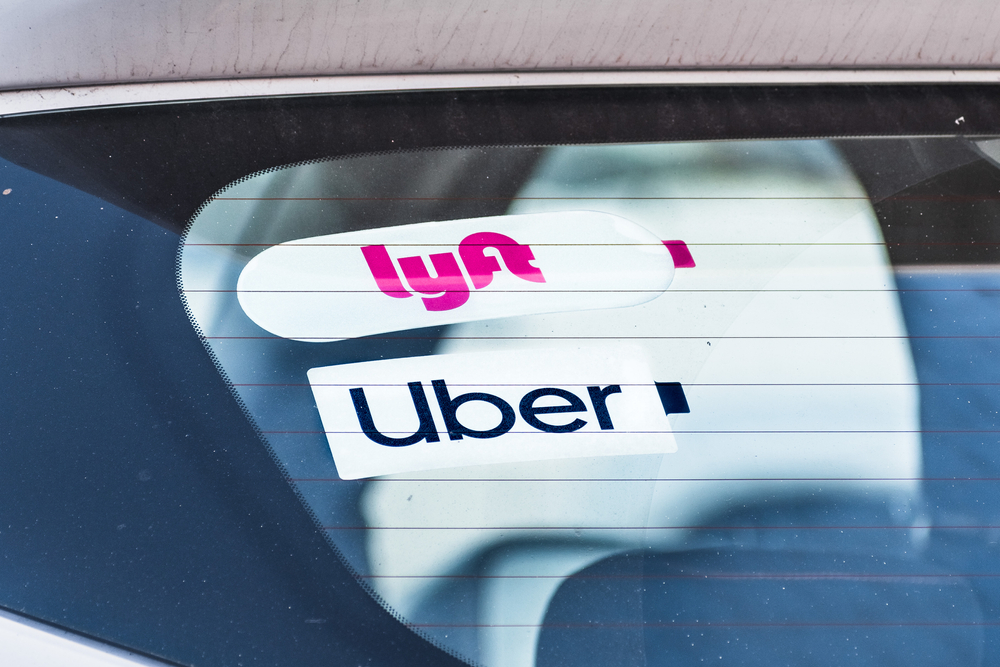
After a long-fought battle, a New York judge recently gave contract drivers for rideshare companies Uber and Lyft the right to receive unemployment benefits. That state has 45 days to clear up the backlog of claims for these gig workers.
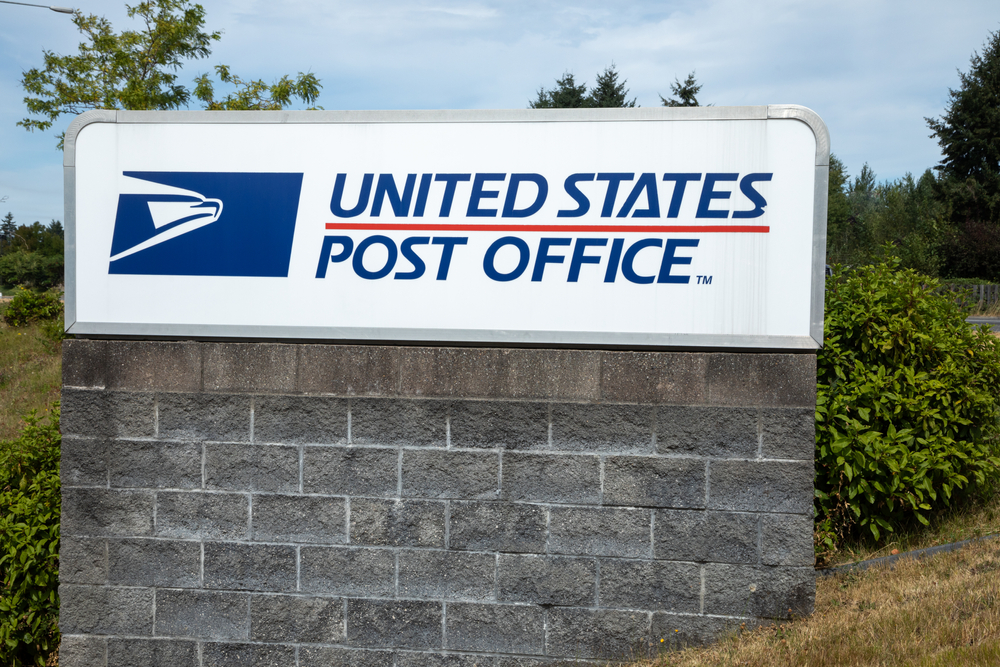
The postmaster general has temporarily backed off initiatives that many say would suppress mail-in voting.

The Miccosukee Tribe in Florida claims the U.S. Treasury Department cheated it out of millions in COVID-19 relief funds.
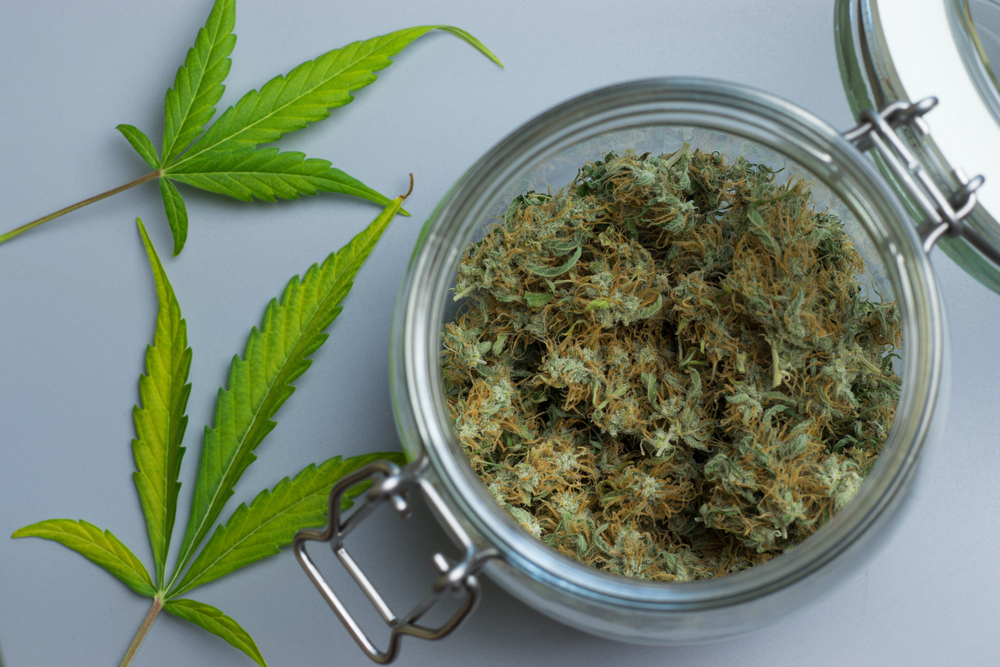
Just a few decades ago, Americans overwhelmingly thought marijuana should be illegal. But options have changed, and so have the laws.